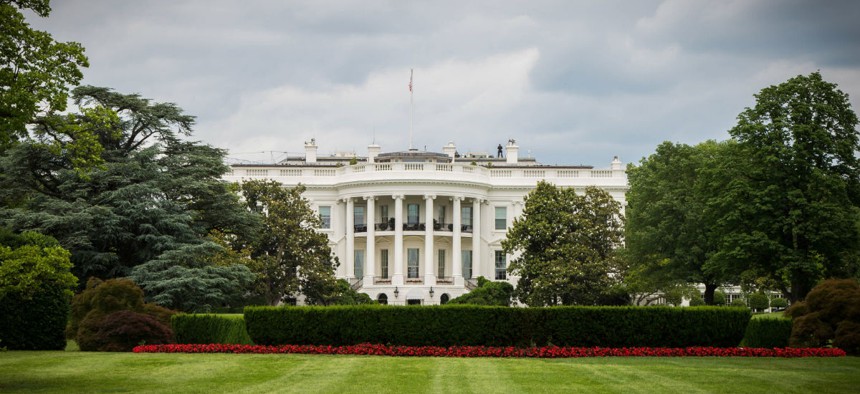
White House Opposes Senate Pay Raise Proposal
Office of Management and Budget again promotes proposed $1 billion inter-agency workforce fund instead.
The Office of Management and Budget announced Tuesday that it is “concerned” about a provision of the Senate’s latest minibus spending package that would provide a 1.9 percent pay raise for federal civilian employees next year.
On Monday, the Senate began debate on a fiscal 2019 appropriations bill covering a slew of federal agencies (H.R. 6147). It is expected to receive a final vote sometime this week.
In a statement of its positions on various provisions of the bill, the White House restated its preference for a pay freeze in 2019, coupled with a $1 billion interagency workforce fund, which they said would be used to fund pay for performance pilot programs.
“Across-the-board pay increases have long-term fixed costs, yet fail to address existing pay disparities, or target mission critical recruitment and retention goals,” the administration wrote. “As proposed in the administration’s request for a workforce fund, the administration continues to support performance-based pay that is strategically aligned toward recruiting, retaining and retraining high performers and those in mission-critical areas.”
Last week, the House approved an appropriations bill that effectively endorsed the White House’s pay freeze, but similarly did not include funding for the workforce fund. If the Senate moves forward, that would set up a debate between lawmakers in each chamber over a pay raise for feds next year.
The statement from OMB notably did not include a veto threat if the final agreement from Congress includes a pay raise. It also suggested that the Trump administration would work on legislation to set up the proposed workforce fund.
“The administration looks forward to working with the Congress to enact authorizing legislation to establish the President’s Management Council Workforce Fund and urges the Congress to provide appropriations upon its enactment,” the White House wrote. “The administration believes it is essential to develop and fund innovative solutions aimed at recruiting, retaining and rewarding high-performing federal employees and those with critical skills sets.
OMB also said the administration has “constitutional concerns” that a number of provisions aimed at barring agencies from implementing the White House’s controversial reorganization plan without Congressional approval “would contravene the separation of powers between the executive branch and Congress.”
“In particular, certain provisions—including one purporting to bar OMB from expending funds to alter the annual work plan of the Army Corps of Engineers—would interfere with the president’s supervision of the executive branch,” OMB wrote.







